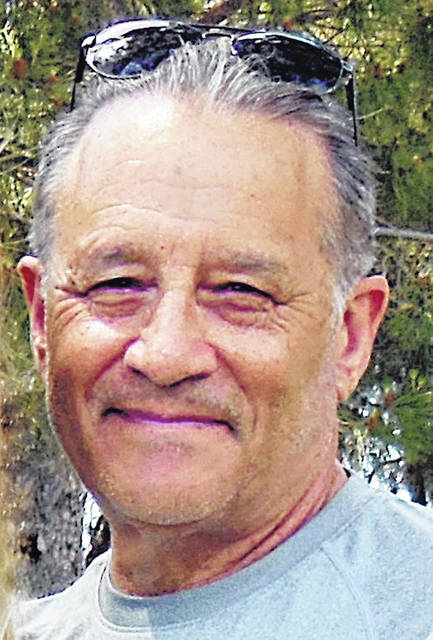
When I was growing up decades ago, I used to laugh at some of the crazy headlines on the tabloids as my mother and I passed through the grocery store checkout lanes. These are some actuals: “Found: Hair From God’s Beard”; “Terrorists Plot to Blow Up the Internet on 9-11”; “Hubby’s Bad Breath Kills Wife”; “Dolphin Grows Human Arms.” So, given that I was a curious kid, I asked my mother if anyone actually believed this stuff and she said, “Unfortunately, yes.”
Which brings me naturally to the Internet and social media. There are a lot of crazy headlines and stories on this daily broadside as well. Should we be concerned? As the world’s leading democracy, we could be in trouble if the Internet and social media lead us into a post-truth age. Misinformation and disinformation are everywhere, and when nefariously weaponized are dangerous and hard to control.
Newspaper circulations are down, but not their online representations; and, in many cases, long-standing credible national news sources such as The Wall Street Journal, The New York Times or USA Today have actually increased circulations. Why? I’m guessing it’s because the information on the Internet is such a miasma of questionable or toxic information that people are reverting back to these news anchors for resetting their truth compasses.
All this begs the question of whether social media can ever be a source of reliable information, or will it just be a mishmash of everything with large doses of tabloid nonsense.
CEOs of leading info-tech firms like Facebook and Twitter are feeling the heat. The two companies are being asked to adjudicate fact from disinformation at the risk of adjudicating over free speech. Twitter’s Jack Dorsey claimed recently that “We are facing something that feels impossible.” Lindsey Graham, chairman of the Senate Judiciary Committee, on the ramifications of it all said recently, “I don’t want the government to take over the job of telling America what tweets are legitimate and what are not, but when you have companies that have the power of government, have more power than traditional media outlets, something has to give.”
Republicans have accused Facebook and Twitter of tilting their mediations in ways that hurt President Trump, while Democrats complained they weren’t doing enough to muzzle Trump’s efforts to delegitimize the vote with insinuations of fraud.
One thing we know about human nature is that some people will believe anything, conspiracy theories, dolphins with arms, and worst-case, the Jim Jones cult that led to the Kool Aid deaths of close to 1,000 people. There are no guard rails to protect weak-minded folks from such problematic instincts.
For anyone who cherishes the ideals and traditions of our democracy is the untethered nature of social media problematic for the nation’s future? Can a democracy endure prolonged periods of misinformation and disinformation? It raises the question of whether our future is paved with the ambiguity of alternative facts that thrive on social media, where objective facts are oftentimes belittled and repudiated and politicized to meet the propaganda needs of governments, parties, lobbyists or other interest groups.
This collision of free speech, disinformation and misinformation, and social media is one of the nation’s biggest challenges. Not so for Russia and China, countries in which government is the arbiter of what is true, and what to believe. But in the U.S., we need to confront the reality of what we are going to say to our children about truth, lies, dolphins with arms and how to tell if one of our enemies is spreading deceptions that could threaten our national security, either from within or without our boundaries.
Tabloid journalism — we used to call it “yellow journalism” — and the apocryphal sirens of social media are the new normal of our information portals. How we come to terms with these realities, I suspect, will determine whether we are able to maintain our democratic leadership in the world.
Alexis de Tocqueville, author of “Democracy in America” and French pundit on the workings of American democracy couldn’t have imagined the effects of social media on American democracy from his mid-nineteenth century perch, but prophetically he did say this, and so far it seems to apply to our democratic post-truth puzzle: “Everybody feels the evil, but no one has courage or energy enough to seek the cure”
Bill Sims is a Hillsboro resident, an author, and runs a small farm in Berrysville with his wife. He is a former educator, executive and foundation president.


